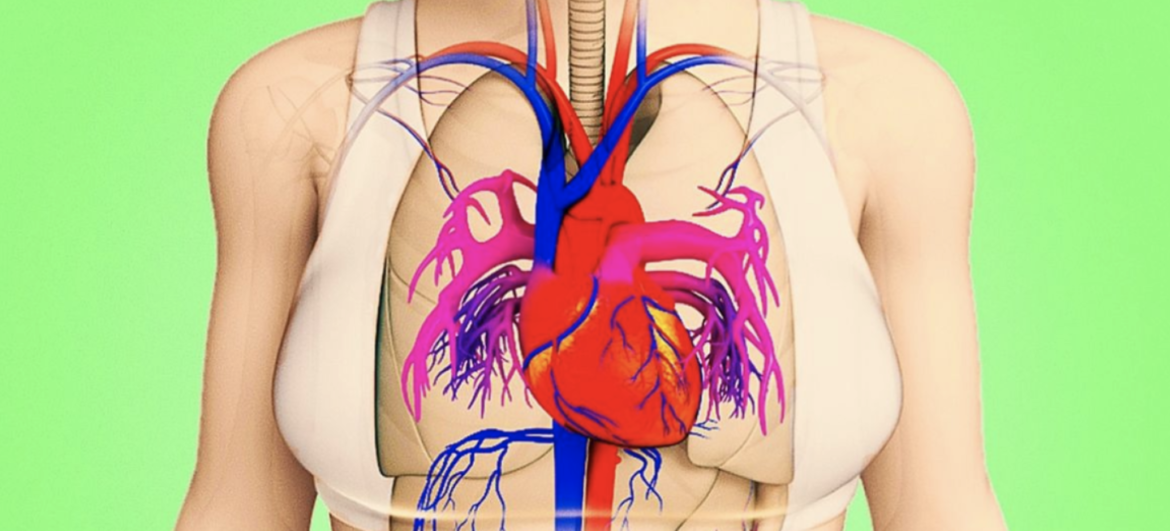Heart attacks are medical emergencies that can strike suddenly, often with little warning. Understanding the early symptoms can mean the difference between life and death. Every year, thousands of people experience heart attacks, and recognizing the signs can dramatically improve survival rates and minimize long-term heart damage.
Understanding Heart Attacks: The Basics
A heart attack, medically known as a myocardial infarction, occurs when blood flow to the heart is blocked, typically by a buildup of plaque in the coronary arteries. This blockage prevents oxygen-rich blood from reaching heart muscle tissue, causing potential permanent damage if not treated quickly.
Recognizing the Classic Symptoms
While heart attack symptoms can vary, several key signs are critical to recognize:
- Chest Discomfort: Often described as a crushing, squeezing, or pressure-like sensation in the center of the chest
- Upper Body Pain: Potential pain or discomfort radiating to shoulders, arms, neck, jaw, or back
- Shortness of Breath: Difficulty breathing or feeling winded with minimal exertion
- Cold Sweat: Sudden, unexplained sweating
- Lightheadedness: Feeling dizzy or potentially fainting
Unique Symptoms in Women and Younger Individuals
Women and younger people often experience heart attack symptoms differently. Women may report more subtle signs like:
- Unusual fatigue
- Indigestion
- Back or neck pain
- Nausea
Young people might dismiss heart attack symptoms as stress or overexertion, which can be dangerous. Even individuals in their 20s and 30s can experience heart attacks, particularly if they have underlying risk factors.
Silent Heart Attacks: The Hidden Danger
Some heart attacks occur with minimal or no symptoms, particularly among elderly and diabetic patients. These “silent” heart attacks can cause significant heart muscle damage without the person realizing they’ve experienced a cardiac event.
Critical Risk Factors
Several modifiable factors significantly increase heart attack risk:
- High blood pressure
- High cholesterol
- Smoking
- Obesity
- Sedentary lifestyle
- Diabetes
- Chronic stress
Emergency Response: What to Do
If you suspect a heart attack, immediate action is crucial:
- Call emergency services immediately
- Have the person sit or lie down
- If recommended by emergency dispatch, take aspirin
- Begin CPR if the person becomes unresponsive
Prevention: Your Heart’s Best Defense
Preventing heart attacks involves adopting a heart-healthy lifestyle:
- Regular exercise (at least 150 minutes of moderate activity weekly)
- Balanced, nutritious diet rich in fruits, vegetables, and whole grains
- Stress management techniques like meditation
- Regular medical check-ups
- Maintaining a healthy weight
Final Thoughts
Understanding heart attack symptoms can save lives. By staying informed, recognizing warning signs, and maintaining a healthy lifestyle, you can significantly reduce your risk of experiencing a life-threatening cardiac event.
Remember, when it comes to heart attacks, knowledge and quick action are your most powerful tools. Always consult healthcare professionals for personalized medical advice and comprehensive heart health strategies.





